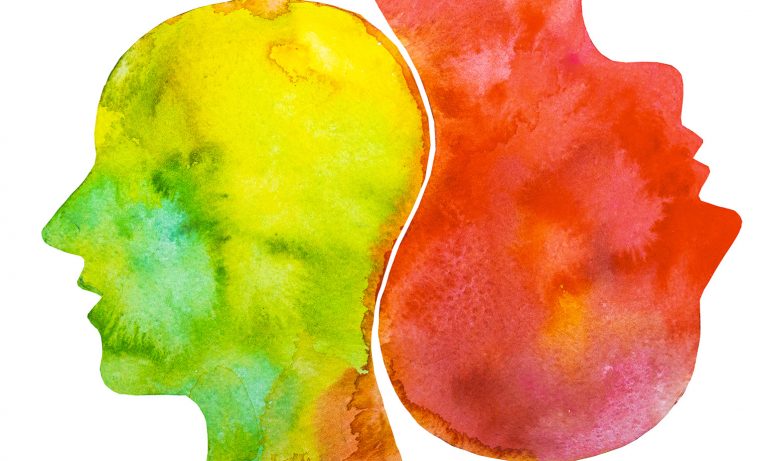If you have ever experienced an episode of sleep paralysis, you already know that it is a strange and frightening phenomenon. However, it does not cause physical harm to the body, but the person remains conscious while being unable to move any body part, from a few seconds to a few minutes.
It often starts during adolescence and can become more frequent during the 20s and 30s. It happens during one of two stages, “hypnagogic”, which happens before falling asleep, and “hypnopompic”, that occurs as the person wakes from REM sleep.
As we fall asleep, our mind becomes less aware while the body enters a completely relaxed state. In the case of hypnagogic sleep paralysis, the mind remains aware while the body achieves an involuntary state of relaxation, which causes panic.
On the other hand, the brain wakes sooner in the case of hypnopompic sleep paralysis, but it does not affect the brain part responsible for REM paralysis, and the person is awake to a certain extent but has no voluntary control over muscles.
Even though this phenomenon is rare, about 8 percent of the population has frequent issues with sleep paralysis, and the ones most prone to it are individuals with mental disorders, like anxiety and depression.
Here are all the risk factors listed:

– Mental conditions, like stress or bipolar disorder
– Sleeping on the back
– Lack of sleep
– Frequent changes in sleep schedule
– Sleep problems like narcolepsy or nighttime leg cramps
– Substance abuse
– Certain types of medication, like those with ADHD
These are the most common signs and symptoms of sleep paralysis:
- an inability to move the body when falling asleep or on waking, which can last for a few seconds or even several minutes
- An inability to speak during an episode while being consciously awake
- Pressure felt in the chest
- Difficulties breathing
- Experiencing hallucinations and sensations that lead to fear and panic
- Headaches, and muscle pains
- Sweating
- Paranoia and feeling as if death is approaching
Yet, sleep paralysis occurs naturally, so there is generally no prescribed treatment, but your doctor can prescribe:
open next page to continue reading….

